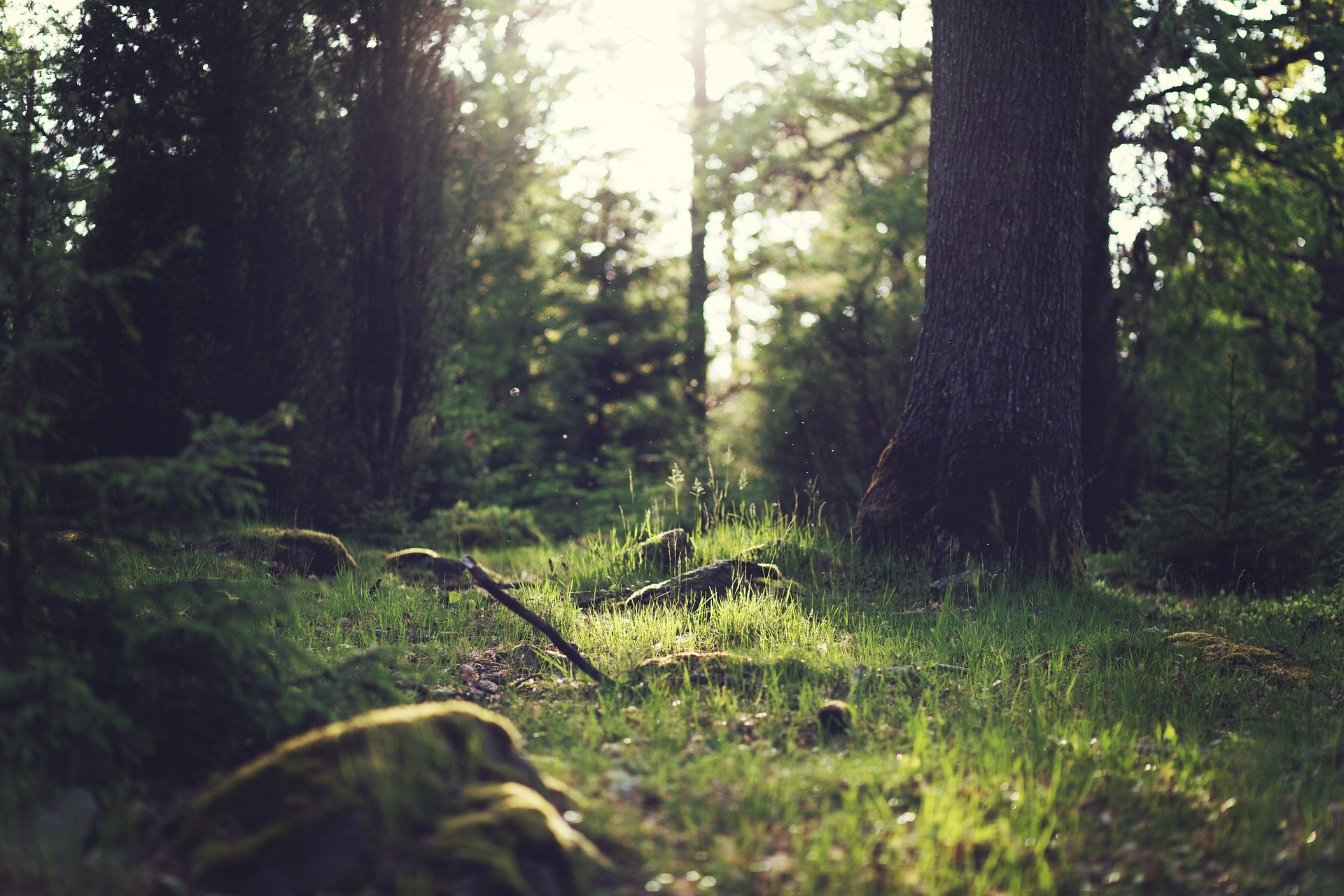Letter to the Editor
Re: Professor Suzanne MacDonald featured in CBC wildlife docuseries
News» Jan 22, 2020
I found the article on York psychology and biology Professor Suzanne MacDonald’s research on urban wildlife extremely interesting and, on a personal note, relevant to material I cover in my psychology classes on animal behaviour (e.g., psychology of motivation). Prof. MacDonald’s research on the environmental value provided by various animal species living in our midst is informative and impressive, and is in keeping with the legacy of the naturalist Charles Darwin that there is merit in the comparative study of other species.
The article makes it clear that the animals she has studied (e.g., raccoons, opossums) actually benefit us; “recycling mountains of consumer-generated waste in cities around the world.” As your article points out, Prof. MacDonald also confronts various myths about urban wildlife, as these animals are generally viewed as dangerous and dirty, responsible for disease. By “eliminating enormous amounts of consumer waste,” she says, these animals actually make our cities healthier.
For those of us who live in an urban environment, our contact with urban wildlife may be coloured by misinformation that generates negative views (e.g., see the late Rob Ford’s views on the opossum). Growing up in a city with its shopping plazas and malls may not give much of an opportunity to take note of the natural world and the creatures with whom we co-exist, except as seeing them as intruders and pests.
Through her work on animal behaviour, Prof. MacDonald not only provides insight into the habits of urban animals, which is in itself interesting, her research, by reaching a wider audience through a docuseries such as CBC’s, The Nature of Things, also contributes to fostering more tolerant and benign attitudes towards these creatures and remind us that we, too, are biological animals sharing our ecological niches with other species. Let’s not forget, we are the waste makers and these animals, by being the ‘clean-up crew’, are doing their best to adapt to the environments that we continually destroy and create. Their creative ability to adapt to the challenges they confront in our urban spaces is even more remarkable for in the process of making our living spaces healthier, these animals do not contribute to further environmental contamination or deterioration.
In a consumer-driven culture such as ours, with our bloated overblown sense of narcissistic omnipotence, these animals can teach us a lesson in humility, a lesson in eco-consciousness, by reminding us that we are custodians, and not rulers, of an ecosystem we all share and should protect.
— Frank J. Marchese, PhD
Course Director, Dept. of Psychology
York University


